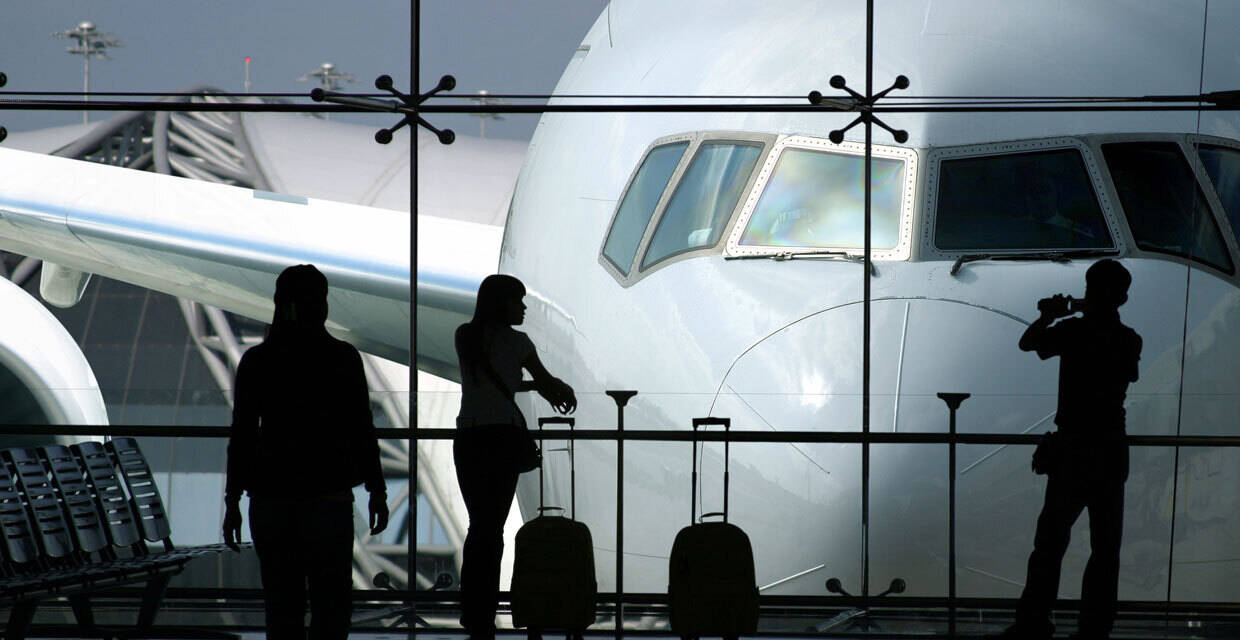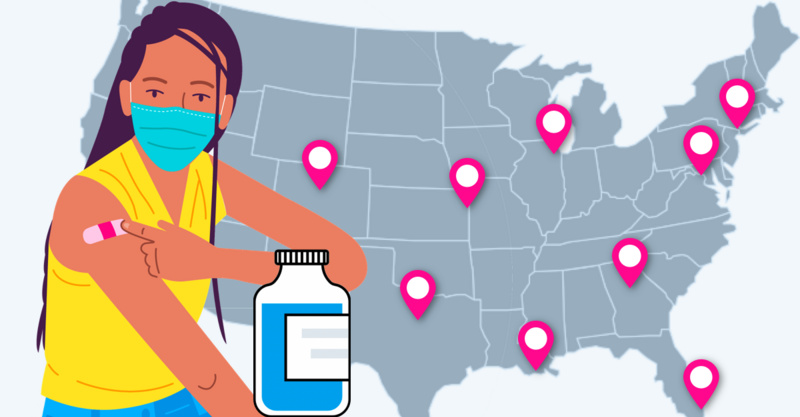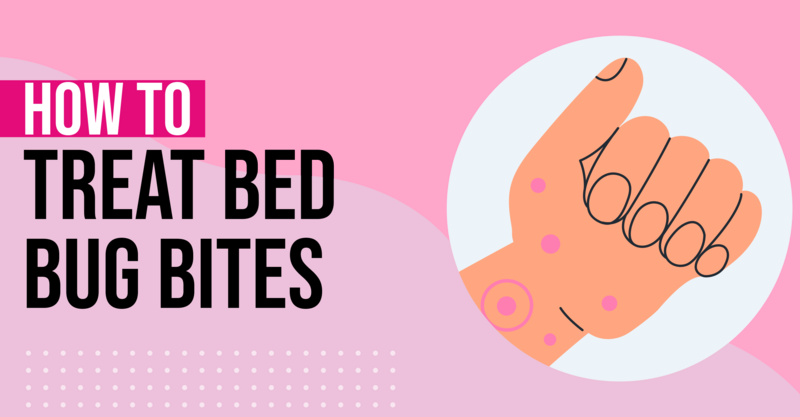Key Points
- Airplanes are a common carrier of cold viruses due to low cabin humidity. This makes it more likely for colds to be transmitted on planes and in airports.
- Simple ways to protect yourself include avoiding direct contact with surfaces, such as door knobs and seats, and using hand sanitizer if contact is made.
- Boost your immune system by using a saline nose spray or a Neti pot, taking Vitamin C supplements, and drinking green tea. Also, bring your own pillow and blanket, and wash them after the flight.
- Stay hydrated during the flight by drinking plenty of water and, if possible, orange juice. Avoid alcoholic beverages as they can weaken your immune system.
- Be mindful of your seating area, wiping down surfaces with a sanitizing wipe and using hand sanitizer regularly. Choose your seat wisely, preferably at the front of the plane and not on the aisle. Bring your own snacks and water, as airplane food and water can contain harmful bacteria.
Airplanes are a formidable carrier of the cold virus due to low cabin
humidity at high levels. Colds are much more likely to be transmitted
on a plane. This explains why colds and germs are so prevalent on planes
and in airports. Here are some simple ways to protect yourself from
getting sick the next time you catch a flight.
Don't Touch Anything
One way to avoid coming into contact with a germ-filled plane is to not touch anything. Avoid grabbing door knobs with your bare hands, and try not to touch seats and handles when walking down the aisle. If you do come into contact with any of these surfaces, use a hand sanitizer.
Increase Your Defenses
It's
not always possible to sit next to a healthy person on the plane. If
your neighbor has signs of a cold, take precautions. Use a saline nose
spray before and after the flight to keep your membranes moist or use a
Neti pot to flush out your nasal cavity. Take a Vitamin C supplement and
drink green tea to boost your immune system.
Bring Your Own Pillow
Airplane pillows can collect a lot of bacteria. Instead of exposing yourself to the germs, bring your own. Keep it covered in a case, and wash it once you arrive at your destination. The same goes for blankets. Pack your own in your carry on, then wash it when you reach your destination.
Stay Hydrated
Drink
plenty of water on your flight. The water will protect you from getting
dehydrated from the dry air on the plane, and will also help flush out
any bacteria you may have picked up while in the airport or boarding the
plane. If you're a nervous flyer, avoid drinking alcoholic beverages,
as these can weaken your immune system. If you've had enough water,
switch to orange juice for the extra immune boost.
Be Mindful of Your Seating Area
Your tray table, arms of your seat, and contents of your seat back pocket are all potential surfaces for contaminants. Wipe down your area with a sanitizing wipe. Wipe your tray down before and after each time you use it. Use hand sanitizer throughout your flight. Wash your hands before you eat or after coming into contact with high-touch areas. Use a paper towel to open the bathroom door to avoid recontamination.
Choose Your Seat Wisely
If you have the option, sit near the front of the plane. Most commercial aircrafts provide better airflow in the front of the plane. Avoid the aisle seats. Every passenger walking up and down the aisle is likely to grab them for support, leaving their germs behind.
Bring Your Own Snacks
Airplane
food tends to be filled with chemicals. Opt for healthy snack items
instead, and keep them wrapped in a tightly sealed bag to avoid
exposure. Carry your own bottle of water instead of grabbing one from
the drink cart. Avoid coffee and tea. The water from the plane it's
mixed with isn't always clean. According to EPA tests, they've found
traces of bacteria such as E. Coli.
Take precautions when flying
this holiday to avoid catching a cold. If you find yourself coming down
with one, visit your doctor or an urgent care center.
Frequently asked questions
Why are colds and germs prevalent on airplanes?
Airplanes have low cabin humidity at high altitudes, which makes them a favorable environment for the cold virus. Therefore, colds are much more likely to be transmitted on a plane.What are some ways to avoid coming into contact with germs on an airplane?
To avoid coming into contact with germs, it is advised not to touch anything such as door knobs, seats, and handles with your bare hands. If you do touch these surfaces, use a hand sanitizer.How can I protect myself if I'm sitting next to a person who shows signs of a cold?
If your neighbor on the plane shows signs of a cold, you can use a saline nose spray before and after the flight to keep your membranes moist or use a Neti pot to flush out your nasal cavity. Taking a Vitamin C supplement and drinking green tea can also help boost your immune system.Why is it recommended to bring your own pillow and blanket on a plane?
Airplane pillows and blankets can collect a lot of bacteria. By bringing your own, you can avoid exposing yourself to these germs. It's also recommended to wash them once you arrive at your destination.How does staying hydrated help prevent sickness on a plane?
Drinking plenty of water during a flight can prevent dehydration from the dry air on the plane and help flush out any bacteria you may have picked up while in the airport or boarding the plane.What precautions should I take regarding my seating area on a plane?
You should wipe down your tray table, arms of your seat, and contents of your seat back pocket with a sanitizing wipe. Also, wash your hands before you eat or after coming into contact with high-touch areas.How can choosing my seat wisely help prevent sickness on a plane?
If you have the option, sit near the front of the plane where the airflow is generally better. It's also advisable to avoid aisle seats as they are often grabbed by passengers for support, leaving their germs behind.Why is it recommended to bring your own snacks and water on a plane?
Airplane food often contains chemicals and the water used for coffee and tea on planes isn't always clean. By bringing your own snacks and water, you can avoid exposure to these potential contaminants.










![Accident Prone: Common Holiday Accidents [INFOGRAPHIC]](https://d1kve3ll6vvkpr.cloudfront.net/dir/media/W1siZiIsIjIwMTMvMTAvMjYvMTBfNTJfMTRfMjQ1X2hvbGlkYXlfYWNjaWRlbnRzLnBuZyJdLFsicCIsInRodW1iIiwiODAweDQxNyMiXSxbInAiLCJlbmNvZGUiLCJqcGciLCItcXVhbGl0eSA5NSJdXQ/file.jpg?basename=Accident+Prone%3A+Common+Holiday+Accidents+%5BINFOGRAPHIC%5D&sha=a894e96fd9ab9540)